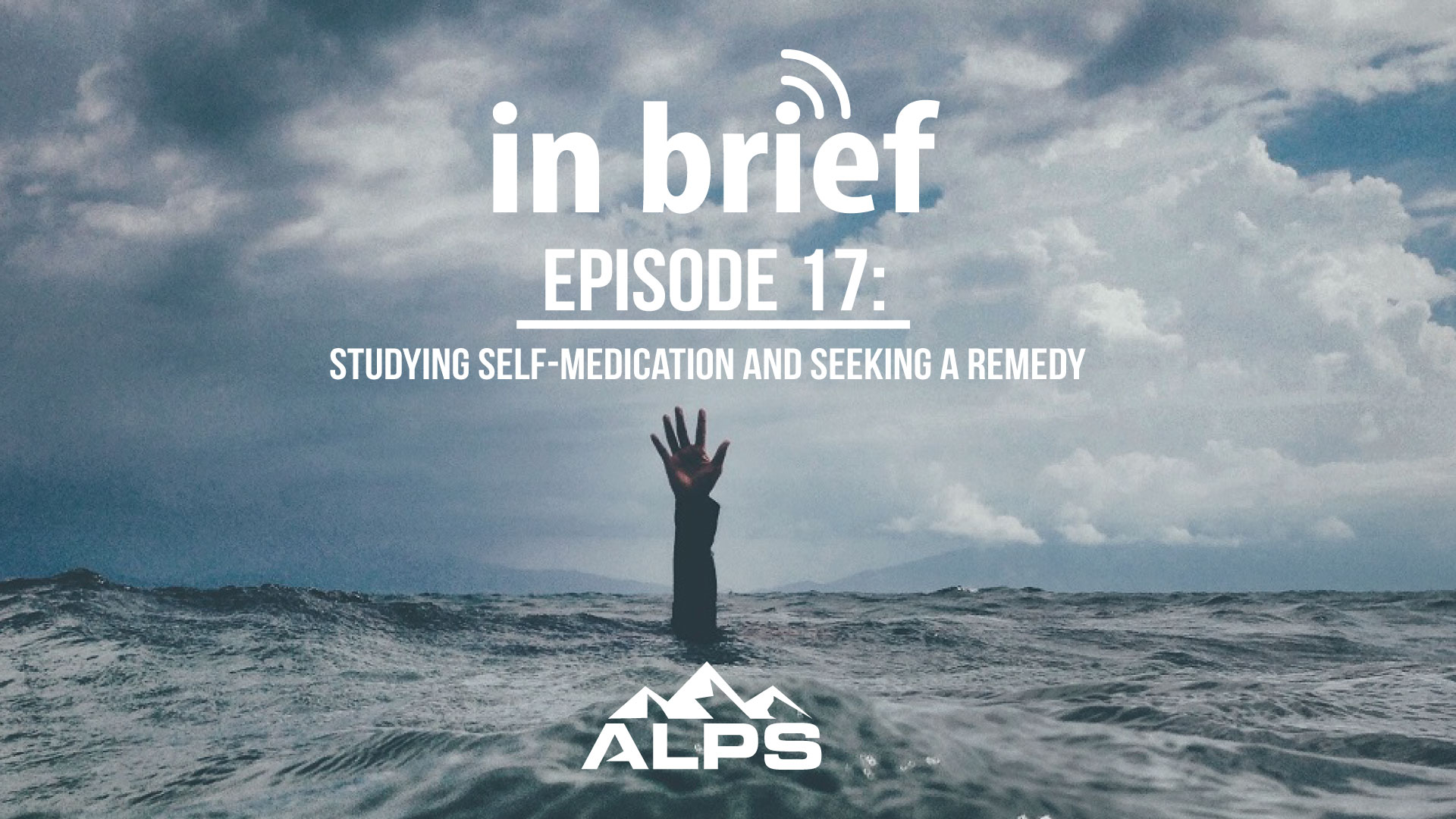11 min read
ALPS In Brief Podcast - Episode 11: Where Legal Tech is Heading
If you are not already aware, ALPS proudly partners with Clio, the easy-to-use cloud-based law practice management software company with over...
We've crafted solutions tailored to your firm
The world of insurance for law firms can be confusing, and difficult to navigate. We've created this glossary because these common insurance terms should be easy to understand.
4 min read
ALPS Guest Bloggers : Updated on December 18, 2023 | Posted on April 26, 2016

I continue to be quite concerned about how we got to this point (my 50th year in the legal profession and my 30th year providing career advice to lawyers and law students) where an extraordinary high percentage of lawyers are dissatisfied; for example, a recent survey found that the unhappiest job in America is BigLaw associate.
What is the cause of this dissatisfaction?
A distinguished ABA committee composed of judges, lawyers and law professors in 1992 issued a scathing indictment of legal education (the “MacCrate Report”) finding that law schools failed to teach eight of the ten fundamental skills needed to practice law competently and taught the other two poorly.
“If professional competence is the goal, the fact is troubling that so many young lawyers are seen as lacking the required skills and values at the time the lawyer assumes full responsibility for handling a client’s legal affairs. Much remains to be done to improve the preparation of new lawyers for practice.” (Pg. 266.)
Law schools were also criticized for not instilling in students the four fundamental values of the legal profession, including the obligations to become competent, to promote justice, to improve the profession and, significantly, the obligation to take positions consistent with their personal values and professional goals.
“How do we prepare young people for the future world of work? … We should prepare them to be able to distinguish between good work and bad work and encourage them not to accept the latter. That is to say, they should be encouraged to reject meaningless, boring, stultifying, or nerve –wracking work in which a (person) is made the servant of a machine or a system. They should be taught that work is the joy of life and is needed for our development, but that meaningless work is an abomination.” (The Reinvention of Work, Pg. 30, Matthew Fox {no relation}, 1995.)
I often refer to the role that Noah Wyle played on the long –running TV show, ER – Dr. John Carter. When he began, he was an insecure medical student. At the end of his medical training, in his residency, he is a capable, competent, confident physician.
The opposite occurs in the case of lawyers as they work their way through law school and the practice of law. Capable men and women who did well in college, wrote creatively, were active socially, started businesses and traveled, entered law school feeling good about themselves. The law schools then failed to teach them what they need to know to practice law and failed to make them aware of their options, especially the reality of the demographics of the legal profession – that more than two –thirds of all lawyers practiced in firms of five or less lawyers and that half of all practice practitioners were solos.
Law schools also failed to teach students the principles of career planning, instead allocating staff time and resources to the BigLaw owned on –campus placement system which funneled law students, not surprisingly, to BigLaw. Most of those who ended up in these jobs never wanted them and worked on matters 24/7 that were anxiety producing and meaningless.
“The problem is that our civilization has settled for such a narrow and restrictive definition of work that we are trying to pour human energy into a skinny little funnel that in turn pours into a puny little machine called “industry” or jobs available……those who have jobs are so squeezed in the process of getting them that when they do finally arrive at the workplace they have lost their sense of wonder and amazement and their capacity for grief. Their inner life has been squeezed out of them; their work is too small. They have no energy to create good work and thereby help others join the work world and thus participate in the Great Work.” (The Reinvention of Work, Pg. 301, Matthew Fox, 1995.)
These lawyers felt trapped because they were often deep in debt from loans taken to pay the exorbitant unjustifiable cost to attend law school. They did not know their options and, therefore, did not know how to make a transition. Some stayed. Others made rash moves to other jobs which proved to be equally unsatisfactory. For those laid off, the search was often nothing less than chaotic.
Those considered to be unfortunate because they were not (mis)placed by the placement office were not prepared to represent clients and often felt they were wandering aimlessly in the legal community.
No wonder so many are unemployed, underemployed, unhappy, dissatisfied, frustrated and depressed.
The key to overcoming barriers and negative experiences is career planning.
The goals of career planning are: first, to help lawyers decide what they want to do with their legal training, who they want to represent on what issues and who they want to work with in what setting; and second, to help them find positions where they can do it – the path to career satisfaction. Underlying the entire effort is one critical component – the need to help rebuild a sense of self –confidence, self –respect and self –worth that most have lost due to the failings of legal education.
There are two phases of career planning – the Career Search followed by the Search for a Satisfying Position.
During the Career Search, lawyers:
During the Search for a Satisfying Position, with confidence and a renewed sense of self –worth, they:
Once dissatisfied lawyers learn that they have options, they adopt a positive outlook, recognize that they are competent and needed and begin to engage fully in the career planning process. They begin to believe that those who attend law school should expect the benefits that accompany becoming a professional such as independence, intellectual stimulation, knowledge of a craft, reasonable income, and a feeling that they are doing something that matters. They soon become aware of the vast number of openings and potentially satisfying positions that exist within the legal community.
“Your professional life holds the possibility of autonomy, satisfaction, integrity, self –respect and most meaningful of all, the prospect of sleeping well after a long day on the job and waking up looking forward to going to work. And all you have to do is take control.” (Lawful Pursuit, Pg. 1, Ronald W. Fox, 1995.)
Guest post by Ron Fox, Esq. of Career Planning for Lawyers.
This post first appeared on ALPS 411 on May 13, 2013 as “Tasks to Accomplish for a Satisfying Law Career.”

11 min read
If you are not already aware, ALPS proudly partners with Clio, the easy-to-use cloud-based law practice management software company with over...

3 min read
I’ve heard all kinds of crazy comments from lawyers over the years. For example, during a CLE event with a state bar’s ethics counsel sitting next...

14 min read
Patrick R. Krill, JD, LLM shifted from the practice of law to addiction counseling at the Hazelden Betty Ford Foundation. In partnership with the...